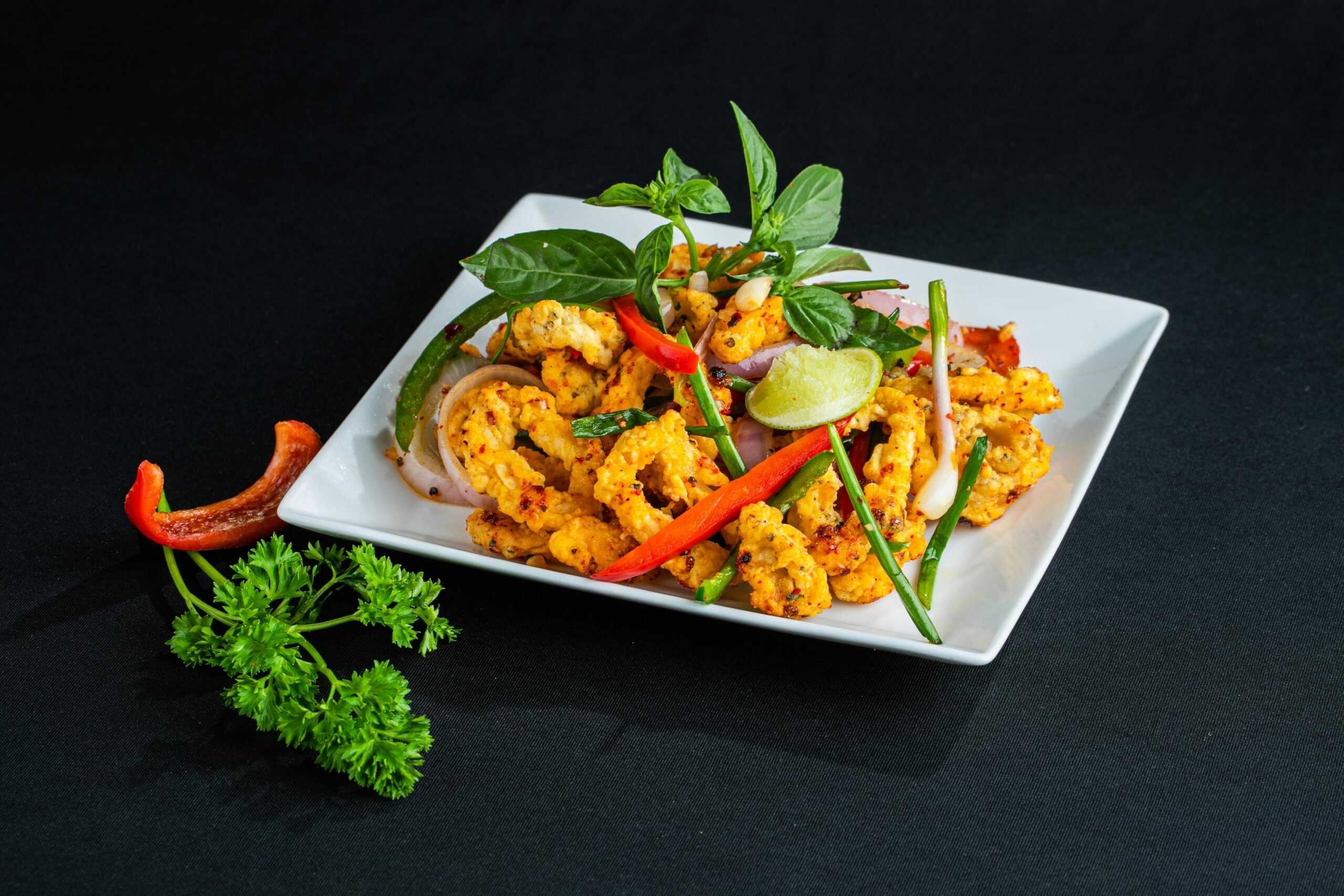A new study begs the question: are plant-based products like alt-meat any healthier than the real thing?
A study published recently in the journal Nutrients found some three-quarters of plant-based products analyzed failed to meet British government salt reduction targets, and, in fact, contained significantly higher salt content compared to 45 meat products, the Independent reported (Nov. 27).
“Meatless food products are a new fad in the food industry,” Trista Best, a registered dietician at Balance One Supplements, told The Food Institute. “They are typically made by using plants and plant-based proteins like soy or legumes. Implementing a day of the week where your diet is entirely plant-based has both health and financial benefits.”
The problem, however, is that to make alternative proteins taste and feel like beef or chicken, manufacturers often need to increase the salt content, introduce additives and add preservatives.
“Plant-based meat alternatives can vary greatly in both their nutritional content and their main ingredients,” said registered dietician Allison Stock. “In general, plant-based meat alternatives tend to have fewer calories, fat and saturated fat than animal meat; however, plant-based meat alternatives can be highly processed and contain large amounts of sodium and fewer vitamins and minerals such as iron, vitamin B12, and vitamin B6.”
A spokeswoman for Beyond Meat said in an email the company’s products are designed to meet or exceed the nutritional profile of their animal protein equivalents. She cited a Stanford University study published in the American Journal of Clinical Nutrition that found a diet that replaced meats with Beyond Meat products lowered LDL (bad) cholesterol levels, lowered TMAO (a metabolite derived from gut bacteria) levels, led to weight loss and had no impact on blood pressure.
“There is a common misconception that our products have more sodium than animal-based meat, but this finding shows that both actually have about the same amount once you account for the seasonings people add in cooking animal-based meat,” the spokeswoman wrote.
Sue Klapholz, vice president of nutrition and health at Impossible Foods, said in a blog post (Dec. 2019) her company has been able to lower the salt content of its burgers significantly since development began and the product is not classified as “high sodium” under U.S. Food and Drug Administration guidelines.
“It’s misleading to compare the Impossible Burger to unseasoned beef because beef is rarely eaten unseasoned. Hamburger recipes typically call for seasoning the beef with salt,” she said.
The plant-based food product sector is growing. Grocery sales were up 27% in the past year to $7 billion, the Good Food Institute noted, citing sales data from SPINS. ResearchandMarkets.com estimates the U.S. market will be worth $10.7 billion by 2027. Additionally, research cited by emulsifier-maker Palsgaard indicates global consumer demand for plant-based foods increased during the pandemic.
Some nutritionists argue, though, that the amount of processing involved in producing alternative meats negates multiple health benefits.
“Meat alternatives in the form of highly processed soy and pea protein products are not a healthy alternative, and, in most cases, [are] more harmful than high-quality meat. They should be seen as an occasional treat and definitely not as a healthier alternative to meat,” said registered dietitian nutritionist Paula Doebrich.
“Nobody judges the safety and wholesomeness of a recipe they consider or a dish on a restaurant menu by the number of ingredients or the number and complexity of the steps in its preparation,” Rachel Konrad, the former chief communications officer at Impossible Foods, said in a blog post (Sept. 2019).
“Their attention, as it should be, is not on the number but the choice of ingredients. Are the ingredients safe and wholesome, and does this food fit into a well-balanced, diverse and healthy diet for myself and my family?”











